The Black Crowes Soar Again

“The Black Crowes are a work in progress,” Chris Robinson tells me in a virtual interview from Los Angeles, where he’s lived since 2015 when the Black Crowes “officially” broke up.
Like other famous sibling-led bands, it could be argued that the Black Crowes are just as famous for their dramatic squabbles as they are for their music. But since Chris and Rich re-formed the group to go on tour for the 30th anniversary of Shake Your Money Maker in 2021, they’ve been writing songs together ever since.
“Leaving us to our own inspiration and imaginations was always something that {Rich] and I rarely fought over,” says Chris. “So it was the obvious thing. I just think for us, the best part of reuniting, in terms of [getting] it [the new tour] together was to really see how strong our world could be. Like, what we could do with this band now that we firmly had the reins in our own hands.”
The answer is Happiness Bastards, which is up for Best Rock Album at the 67th Annual Grammy Awards.
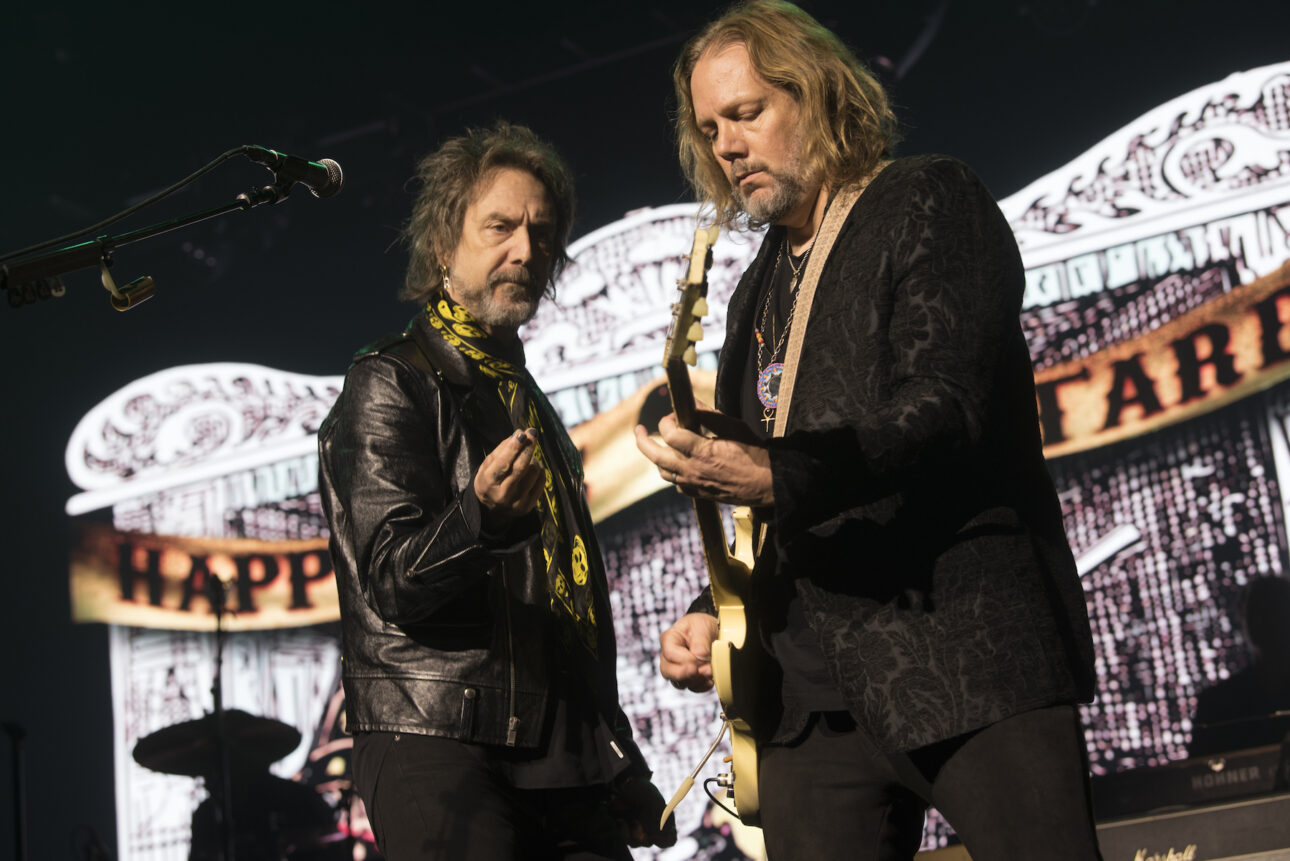
A follow-up to the group’s last album of original songs to feature longtime drummer Steve Gorman, 2009’s Before the Frost…Until The Freeze, Happiness Bastards is a return to form for the Crowes 15 years in the making.
Rich began writing new material during the COVID pandemic, sending about 40 songs to Chris between 2021 and 2022. They collaborated on what would become their tenth studio album a month before recording it with producer Jay Joyce and a revised, post-2015 band lineup, save for longtime bassist Sven Pipien.
Happiness Bastards’ album cover was a collaboration with Chris and his wife, Camille Johnson, a former graffiti artist, who had painted the words “happiness bastards” on his notebook. Chris liked it so much that he wanted it to be the cover as is, but Johnson wanted to redo it with a few additions. And so they did, with the words painted over old Black Crowes albums. “I like defacing the past,” says Chris. Open the cover and inside you’ll find “Trust us” and “Don’t trust us” in dripping letters. “It’s cheeky, and it’s supposed to be that. But I love that. I still think that’s what this band is about, 35 years later.”
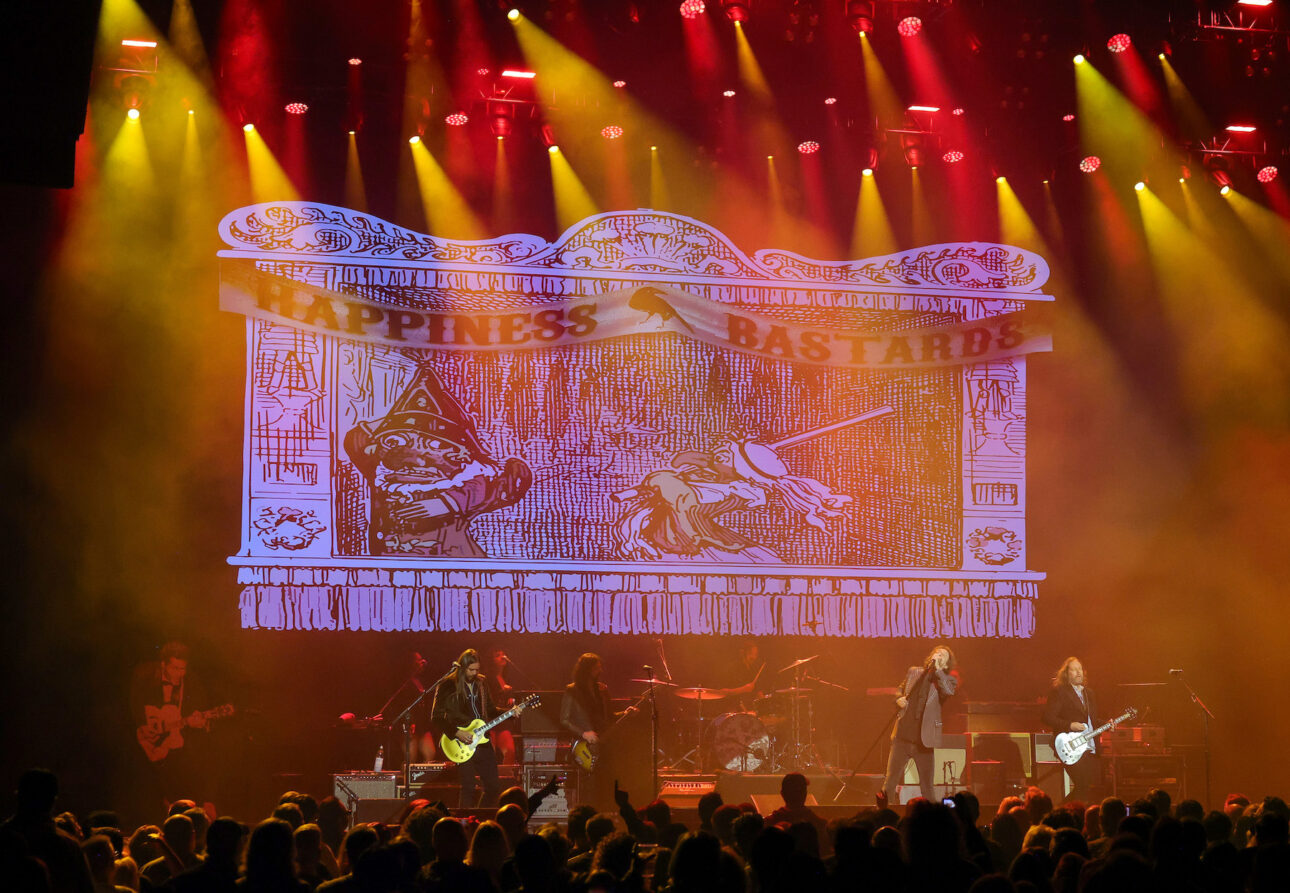
The Robinson brothers grew up in Atlanta, Georgia. Rich remembers their father, Stanley, who died in 2013, having the earliest musical influence on him. “He loved Joe Cocker. He loved Sly Stone. He loved Crosby, Stills & Nash. He loved Dylan,” Rich says from Nashville, where he now lives. “But he also was relatively eclectic. He had Mose Allison records and Muddy Waters and…Hank Williams. And, as you get older…you want to forge your own way. And Chris was more of the seeker of the two of us. He would go out and buy and seek out records, and then he would bring them home. And then I would take his cool records that I liked, and then I would obsess over them and I wanted to hear and learn all the musical instruments and what everything was doing.”
Chris discovered the kind of music that would eventually appeal to the brothers’ rebellious side.
“We didn’t really watch MTV and listen to the regular radio,” Chris tells me. But they did listen to records; lots and lots of records. “So funk and R&B and straight into punk…the hard, early ’80s hardcore scene and stuff.” It was the DIY aspect of it all that intrigued them, that they didn’t have to be musical geniuses to create music. “You don’t have to be Bob Dylan. You don’t have to be Roger Waters. You could just start doing it day one, that kinetic sort of thing. Before I could sing, before Rich could play [guitar], before we could perform, we started writing. No matter what was going on in our lives, good or bad or indifferent, when we were writing, it was always good.”
Rich began playing guitar at 15, a late time in life to start learning, he says. Their father bought him a guitar, Chris a bass, and the two immediately started a band. They called themselves the Goo Goo Mucks after a Cramps song and began integrating themselves in the vibrant Atlanta music scene, playing at the Metroplex, the 688 Club, and other venues, opening for acts such as the dB’s, the Dream Syndicate, and Soul Asylum.
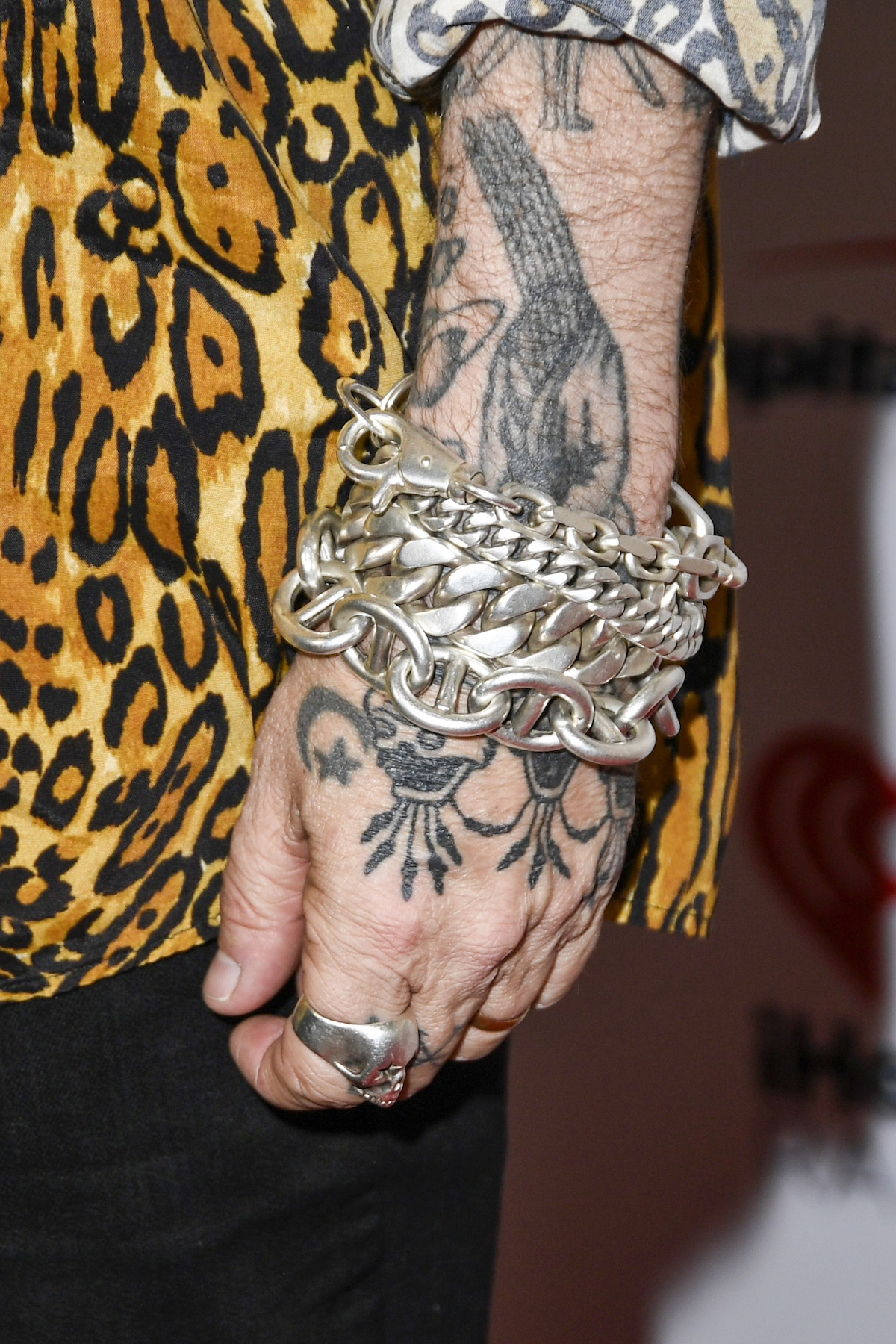
Playing among more established bands inspired Chris and Rich to hone in on the kind of sound they wanted as a band. “Through those bands, we would go see Let’s Active, and they would bust out a Led Zeppelin song. And they would play these really interesting cover tunes,” Rich says. “We would go see R.E.M. at the Fox and they would play ‘Toys in the Attic,’ and then they would play ‘Pale Blue Eyes’ and they would play a Big Star song. And it all made sense. None of it was odd. It all just worked. And through that and through these other bands, like the Paisley Underground bands in California—you had the Long Riders exuding Buffalo Springfield and you had the Rain Parade, which was always one of my favorite bands. And they were like Pink Floydish-Beatles psychedelia kind of stuff. And all of those things took us back full circle, back around into Dylan and the Birds and Buffalo Springfield and Crosby, Stills, Nash & Young. That was where I think Chris and I chose that platform to work from.”
Starting in 1984, Chris and Rich played with a revolving cast of band members under the band’s new moniker, Mr. Crowe’s Garden, named after the children’s book, Johnny Crow’s Garden.
When I mention that I live in Chattanooga, Chris says he knows all about the mid-sized city, a two-hour drive from Atlanta. It was where he and Rich played their first professional gig in 1985. “It was a club called the Nucleus Club. And it was the day that Live Aid was happening. So everyone sat around and watched Live Aid, and we got in a van and drove to Chattanooga to open for a band from San Francisco called Yo. I’ll always remember because a few friends drove up from Atlanta, but there was no one there. And we opened with ‘’There She Goes Again’ by the Velvet Underground. And the guy paid us $50.” Chris tells me the check bounced.
By 1989, the Robinsons, together with drummer Steve Gorman, Johnny Colt on bass, and guitarist Jeff Cease, renamed themselves the Black Crowes.
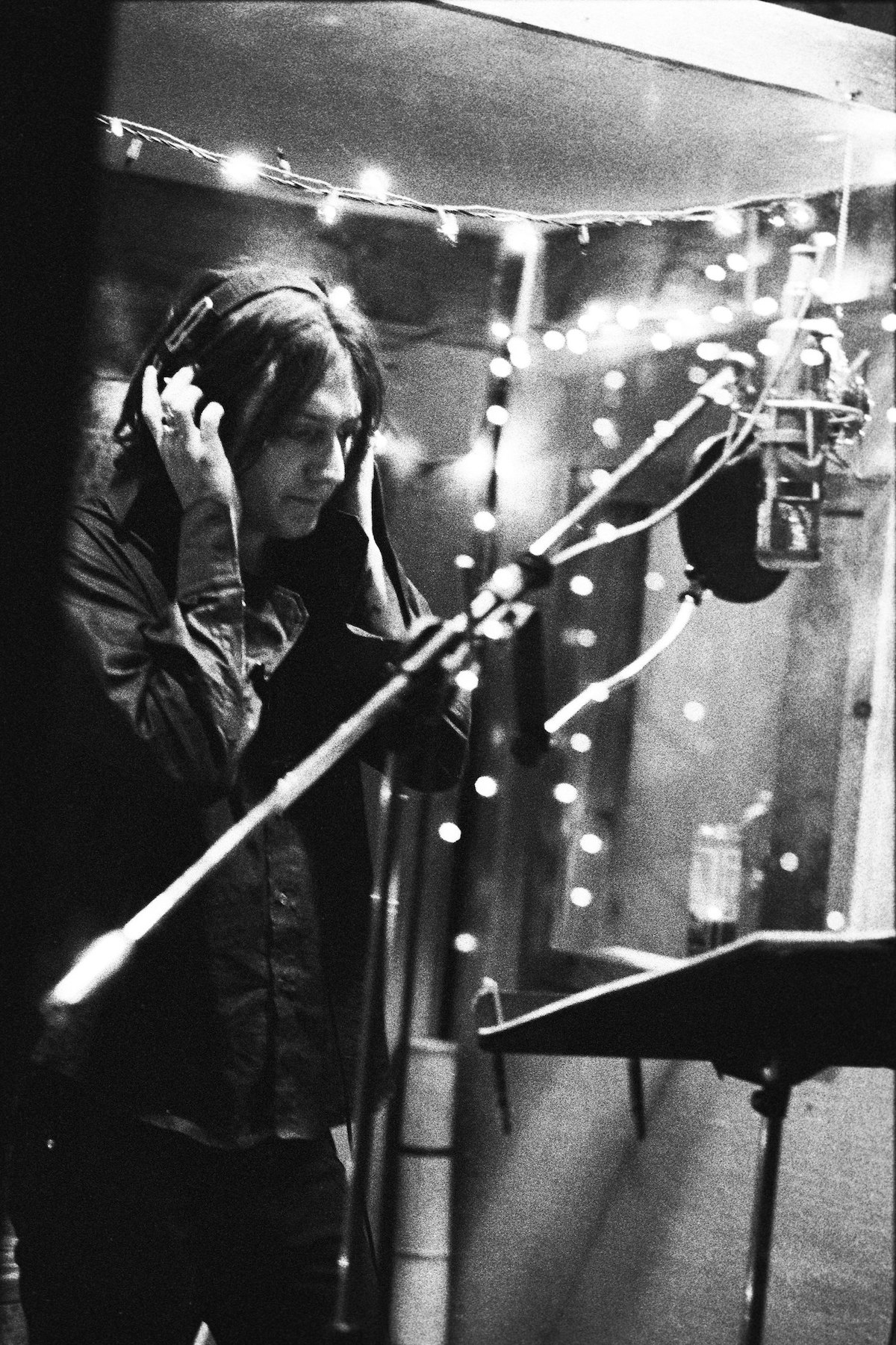
When their debut album Shake Your Money Maker came out on February 13, 1990, hair metal bands like Mötley Crüe, Bon Jovi, and Def Leppard were huge. But the Black Crowes didn’t care about what was hot and what was not at the time, says Rich. “Not unlike R.E.M. playing Aerosmith and Big Star in the same set, we’ve always been unto ourselves and we’ve always drawn influences from bands and put them in our music, regardless of what may be fashionable or what the conventional wisdom may have sort of been at the time.”
The first song Rich wrote that wound up on Shake Your Money Maker was “She Talks to Angels.” “I was trying to combine Nick Drake and Keith Richards, and how do you do that? We went on a long journey and came back and decided this would be the launchpad for how we want to present ourselves and our music.”
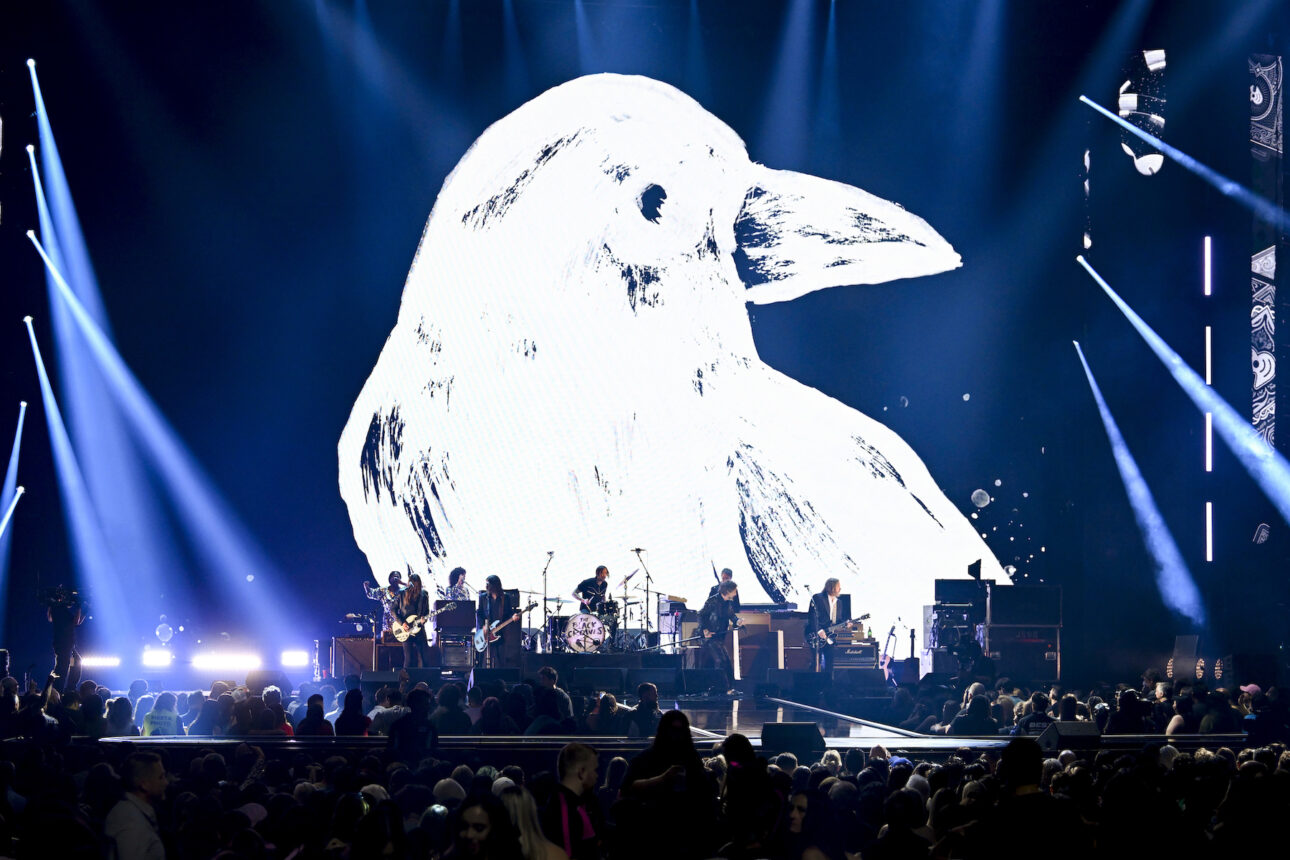
“I think that being defiant was a big part of Shake Your Money Maker,” says Chris. “Everyone, mostly older people—whether they be established journalists, magazines, whatever—they were instantly prepared to shoot us down as if we were just copying something.”
Along with that defiance would eventually come turmoil.
Shake Your Money Maker reached No. 4 on the Billboard 200 charts. The Crowes rode the wave of stardom they garnered from their debut album, including a Grammy nomination and going to Europe as part of the Monsters of Rock tour, which featured AC/DC, Metallica, and Pantera. But change was coming. On September 10, 1991, Nirvana released its first single “Smells Like Teen Spirit” from its second album Nevermind. After that, Seattle became Ground Zero for the national grunge explosion with a flood of bands like Pearl Jam, Soundgarden, and Alice in Chains, along with already established hip-hop artists Public Enemy and NWA, and the debut of Tupac Shakur, dominating the mainstream music charts. The Black Crowes—very much the outsiders with their old-school blues-infused rock and roll with a touch of melancholy—double-downed on their sound with The Southern Harmony and Musical Companion on May 12, 1992. This time, the Crowes went to No. 1 on the Billboard charts.
It was the album, Rich says, that solidified their musical approach and their identity. “Shake Your Money Maker…I started writing when I was 17. We made the record when I was 19. I mean, we were kids,” he tells me. “I was still in high school when I was writing the record. When you get started, you wear your influences on your sleeve. You’re going to put out more of what you want to sound like. And then by the time Southern Harmony came around, we were who we were.”
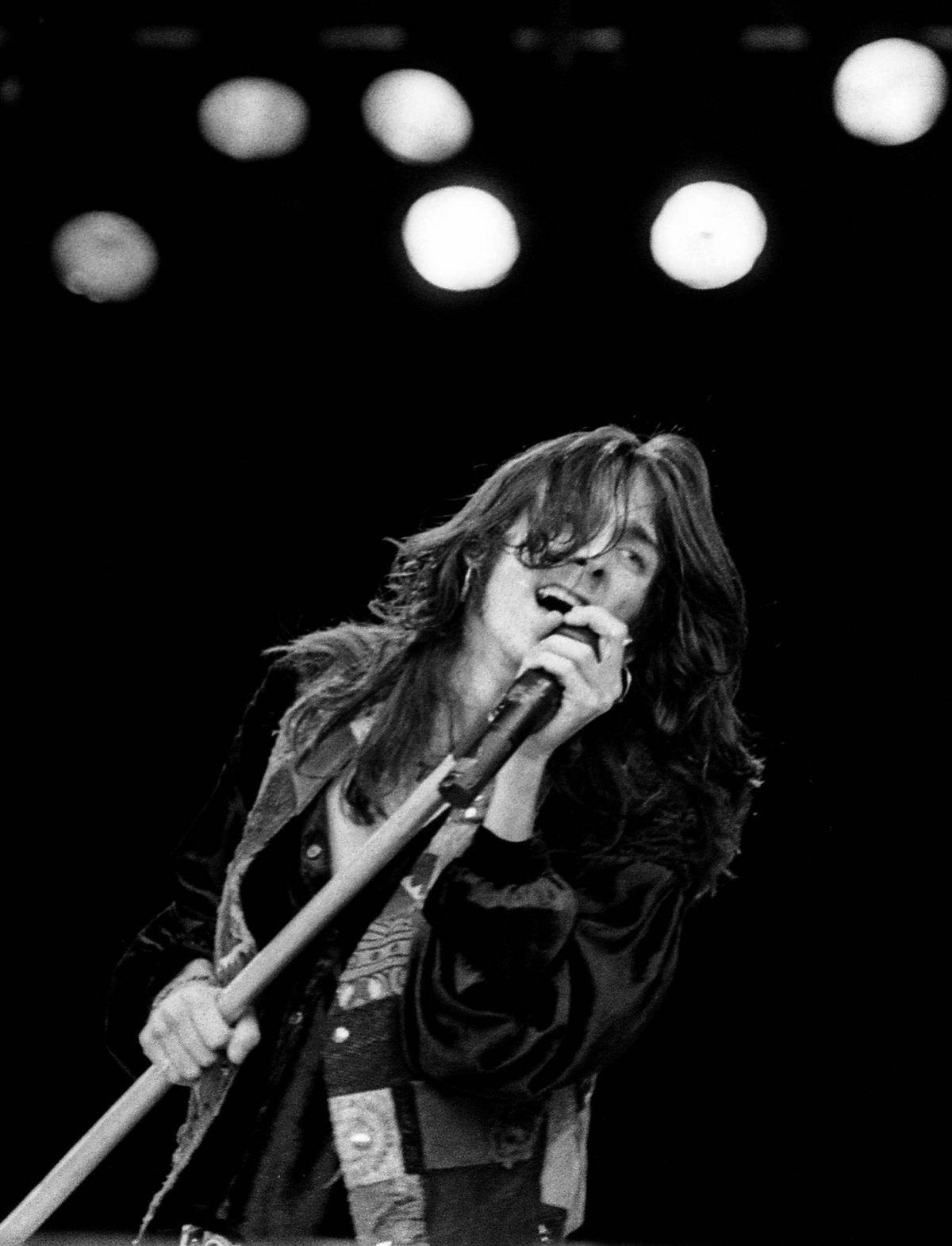
Egos, drugs and alcohol, constant touring, and the pressures of being famous, were all factors in the tumultuous relationship between Chris and Rich, as well as other members of the band, including drummer Gorman, who wrote about his experiences in a book published in 2019. Up until the band officially broke up in 2015, members of the Black Crowes circulated in and out like a revolving door, so much so that there’s a whole Wikipedia page devoted to past members. Chris and Rich often went months, even years, without speaking.
“We’ve been through a lot,” says Rich. “You sort of sit through the trials and tribulations of…getting sued, constantly fighting, breaking up, drama, all of these kinds of things. And then also fighting the label we were on, trying to fight for our creative autonomy…”
The Black Crowes’ biggest hurdle, however, was surviving themselves.

“We are the Black Crowes,” Chris says about his relationship with Rich. “Yes, we’ve survived all sorts of stuff, but also it’s just always revolved around…these two brothers who are very different people, even though we have the same parents and grew up in the same household and stuff,” says Chris. “But one thing Rich and I have in common is that we were both outsiders, and that rock and roll is the place that we found ourselves. And what I think that is truly about is all emotional things. Rich and I, we’re cerebral people. But when it gets to the music, we’ve only been able to get through this experience by the way things feel. And that has been the greatest gift.”
Rich has no regrets about anything that’s happened between him and his brother over the more than three decades since the band formed.
“I don’t look back and have regrets per se, because this is what it is,” he says. “We are here today because of things that happened in the past, but I can’t change what happened in the past. I can only be here today.”
Link to the source article – https://www.spin.com/2024/12/black-crowes-soar-again/
Recommended for you
-
Hotone Dual Footswitch Pedal Momentary 2-Way Pedal Foot Switch Controller Ampero Switch 6.35 mm
$19,99 Buy From Amazon -
OSWAL Bb Flat Silver Nickel Echo Conret With Free Hard Case+Mouthpiece
$145,00 Buy From Amazon -
Asmuse Banjo 5 String with 24 Brackets, Full Size 38 Inch Banjo Guitar Closed Solid Back Banjolele, Professional Travel Banjos Set for Beginners Adults with Bag Tuner Strap Strings Pickup
$146,99 Buy From Amazon -
Donner 6 Inch Guitar Patch Cable Guitar Effect Pedal Cables Black 6 Pack
$17,99 Buy From Amazon -
Yamaha Standard Bb Cornet YCR2330II
$279,00 Buy From Amazon -
Asmuse Electronic Drum Set Kit for Adults Beginners with 8 inch Mesh Snare Electric Drum Set with Rim Shot and Cymbal Choke Function,USB MIDI Supported,2 Pairs of Drum Sticks &Headphone Set Included
$299,99 Buy From Amazon -
Washburn Americana M1SD, Mandolin
$349,00 Buy From Amazon -
Donner DDP-100 88-Key Weighted Action Digital Piano, Beginner keyboard piano Bundle with Furniture Stand, Power Adapter, White
$669,99 Buy From Amazon












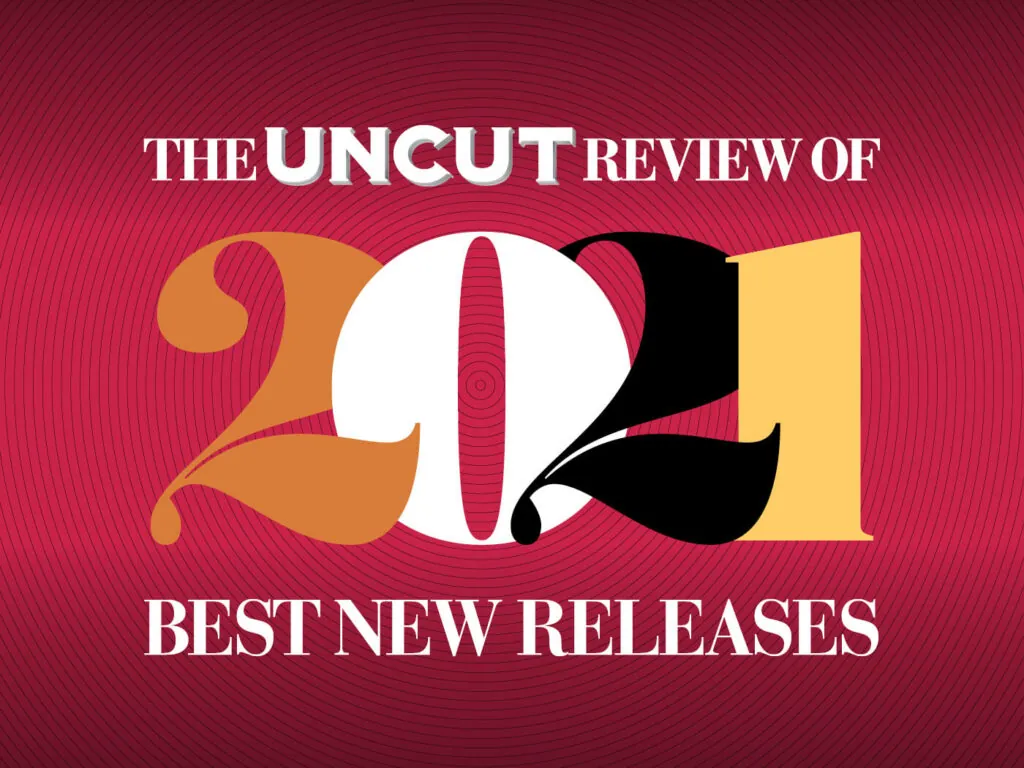

Responses